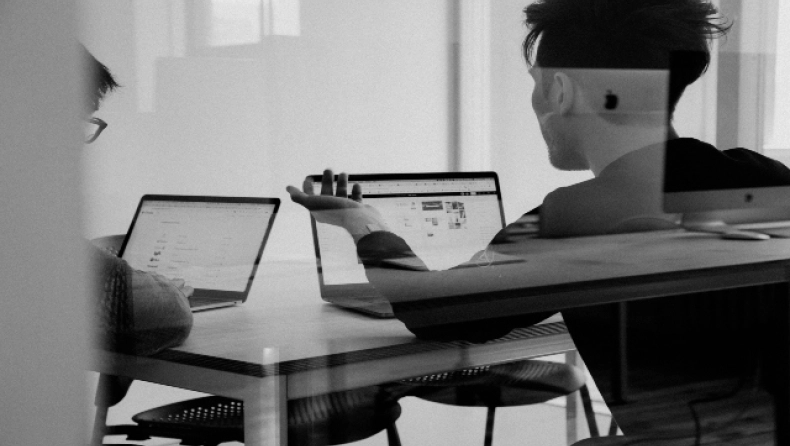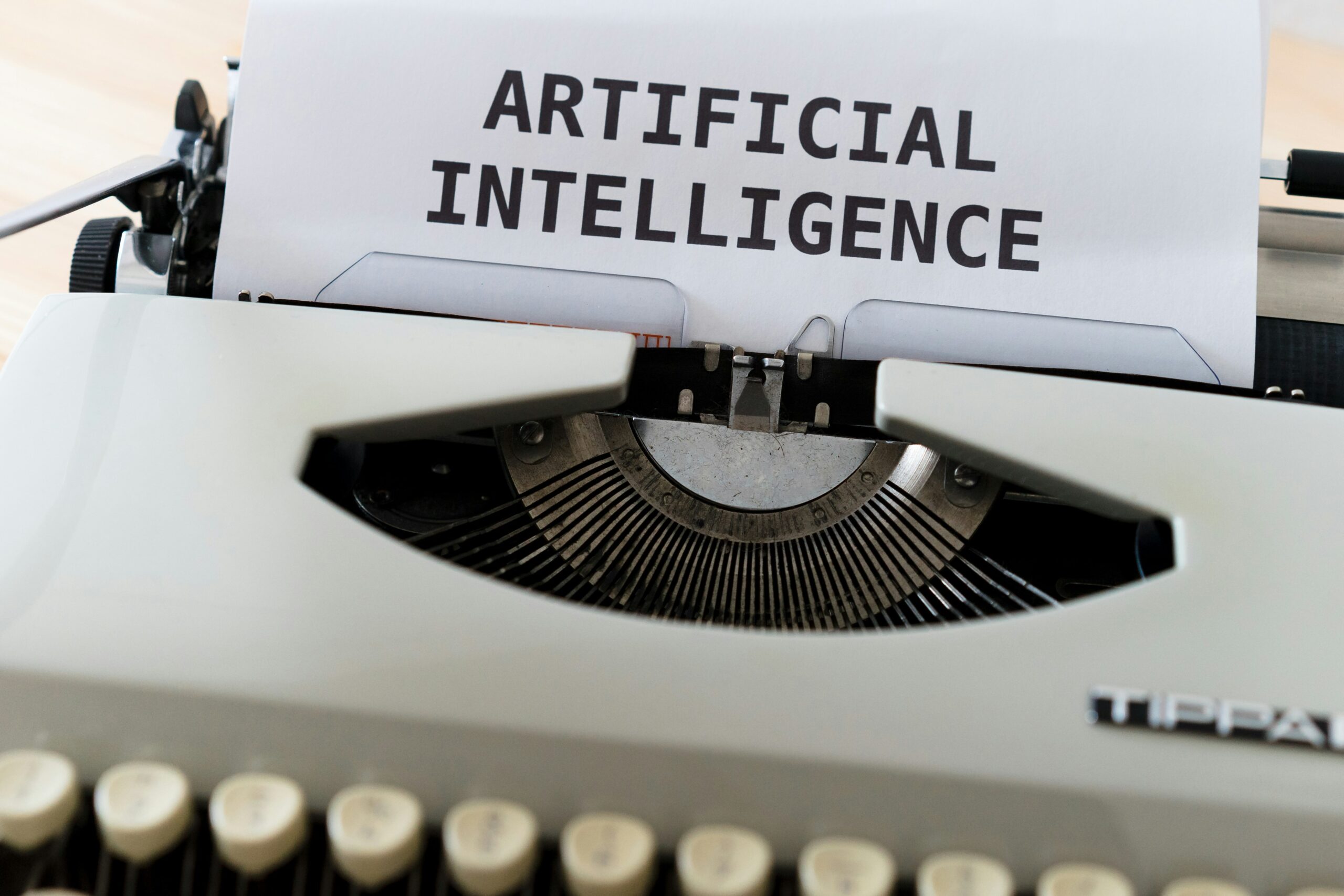By Dimitra Gatzelaki,
In today’s world, technology seems to be advancing at a breakneck speed, and A.I. is the main actor in this revolution. It’s no longer a futuristic, far-off concept but a tangible reality that has spun the world off its axis. It has spread its branches to almost all aspects of our lives: our education, which becomes increasingly personalized with the use of A.I. tutors, our finances, as we put more and more trust in algorithms to guide our investments, our interpersonal relationships and, perhaps most of all, our work. As A.I. continues to evolve, adapting to its new reality won’t be an option but a necessity. It’s here to stay.
A quick scroll online about the future of A.I. reveals a mixture of awe and unease. Sure, its breakthroughs are impressive and for the most part handy, but as it takes on increasingly complex tasks perhaps there won’t be so much need for human involvement, and some roles that were traditionally human-filled may become obsolete. This is for the most part the root of anxieties surrounding A.I. – that it might be heading in the wrong direction.

In an article published last January by Nexford University, it was predicted that by 2030 A.I. “could replace the equivalent of 300 million full-time jobs” across Europe and the US – a large figure. More specifically, the article identifies jobs in customer service, data entry, research, and retail as most likely to become automated. Yet, manual labor isn’t safe either. A report from MIT and Boston University estimates that “A.I. will replace as many as two million manufacturing workers by 2025”. This condition has become so widespread and pervasive that the infiltration of A.I. (in one way or another) into nearly every job sector seems inevitable. Is there a foolproof way, then, to safeguard our jobs from this A.I. takeover?
Recently, I came across an article by Ryan Roslansky in WIRED magazine, titled “The A.I.-Fueled Future of Work Needs Humans More Than Ever.” At first, this seems contradictory: if the future of work is powered by A.I., will there still be a need for humans? Roslansky argues yes. In his article, he lays emphasis on “people skills” – skills unique to humans, such as problem solving, strategic thinking, and empathy. According to the data he cites, these skills are expected to become indispensable in the future, as “professionals think [they] will become more important as A.I. tools become more widely used at work”.
Moreover, Roslansky envisions a new era of work, where individual skills hold more weight than a candidate’s overall profile and where “people-to-people collaboration is more core to company success.” He foresees a workplace of human-A.I. collaboration, where A.I. technology augments our capabilities rather than replacing us: it helps ease our workload, taking on the mundane, repetitive tasks and “leaving [us] time to focus on the more valuable –and more human– parts of [our] jobs.” His closing remark optimistically predicts “a new world of work that’s more human and more fulfilling than ever before.” And this all sounds somewhat utopian.
Because there is another side to this issue that can’t be ignored. Some companies are already taking advantage of A.I. to replace employees, and while this isn’t yet a widespread phenomenon, it is likely to escalate as A.I. technology advances. Its future direction, though, seems a bit unclear. Despite A.I. being presented as a “magic solution” to everything, its shortcomings begin to surface. The cost of developing and implementing A.I. is significant, while its power demand rises at a rapid rate, with this, of course, having environmental implications. As Brian Calvert notes in a Vox article, “according to the IEA, a single Google search takes 0.3 watt-hours of electricity, while a ChatGPT request takes 2.9 watt-hours”, while “the energy needed to support data storage is expected to double by 2026.” Given these concerns, it wouldn’t be surprising to see certain limits being imposed in the near future on the training and use of A.I. tools.

The threat of A.I. replacing human jobs seems to loom larger than ever and to approach at a rapid pace. This issue extends beyond “repetitive” tasks like data entry to include creative roles as well, such as art or poetry. Is it even worth using up our planet’s resources to teach A.I., among other things, to imitate human creativity? In a recent talk show, OpenAI’s CTO Mira Murati made a very controversial statement, claiming that with generative A.I. “some creative jobs maybe will go away, but maybe they shouldn’t have been there in the first place.” So, what is the ultimate goal here? This gives plenty of food for thought.
After all this, a very striking quote by Joanna Maciejewska comes to my mind, urging us to reevaluate the ways in which we use A.I. today: “I want A.I. to do my laundry and dishes so that I can do art and writing, not for A.I. to do my art and writing so that I can do my laundry and dishes.”
References
- The AI-Fueled Future of Work Needs Humans More Than Ever. WIRED. Available here
- How Will Artificial Intelligence Affect Jobs 2024-2030. Nexford University. Available here
- AI already uses as much energy as a small country. It’s only the beginning. Vox. Available here
- Some creative jobs will go away with AI tools: OpenAI’s Mira Murati. The Crypto Times. Available here




